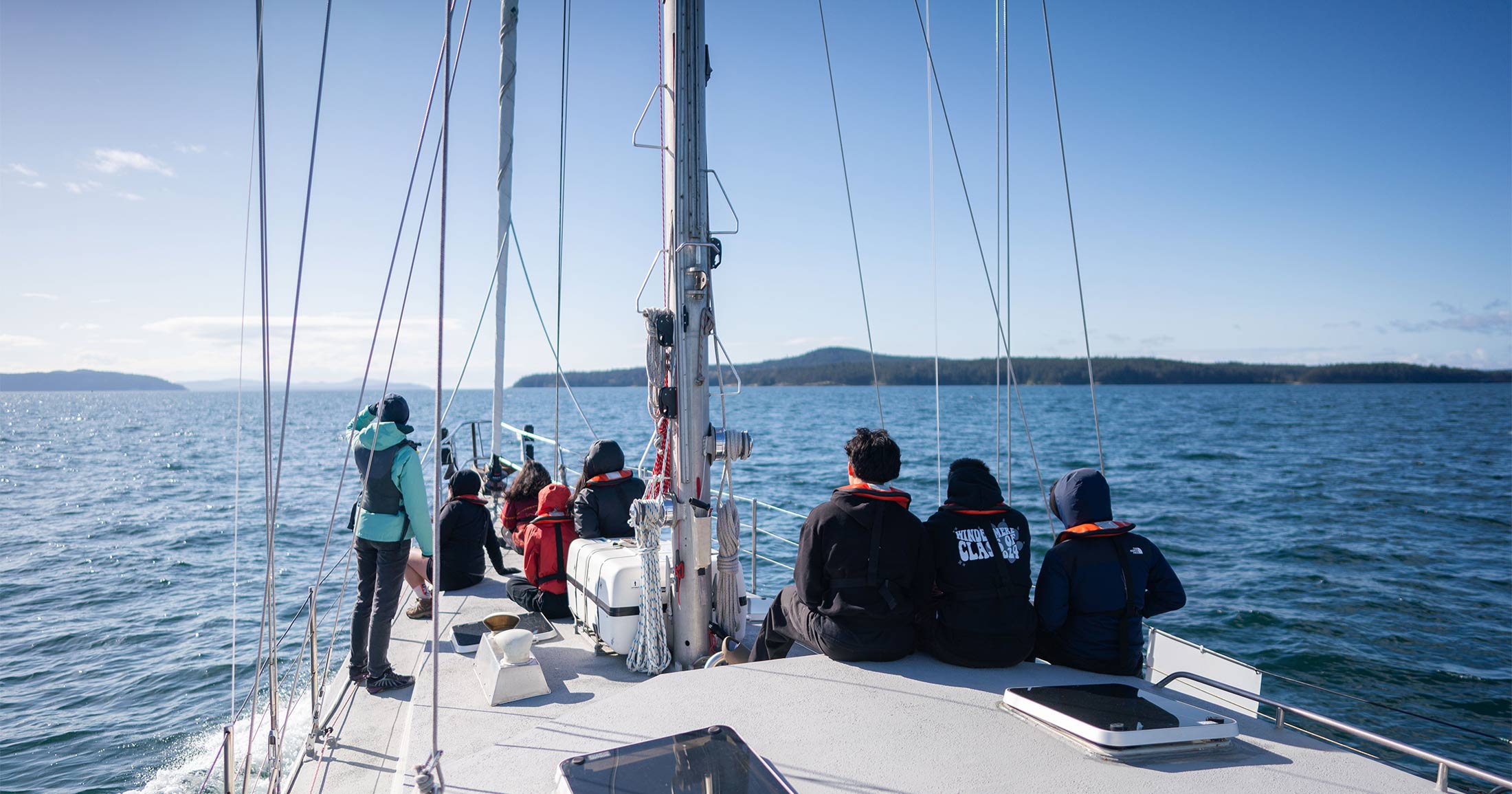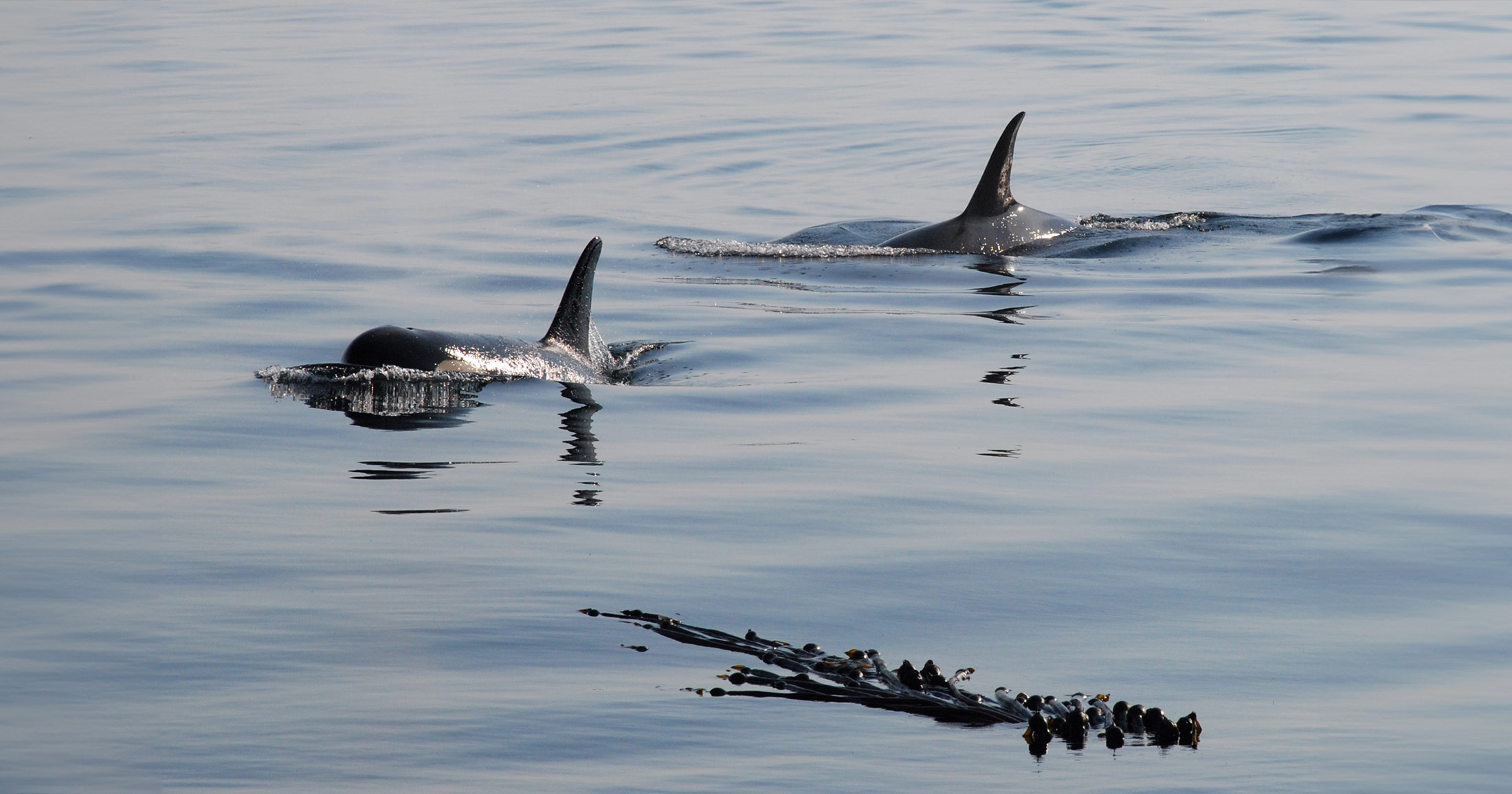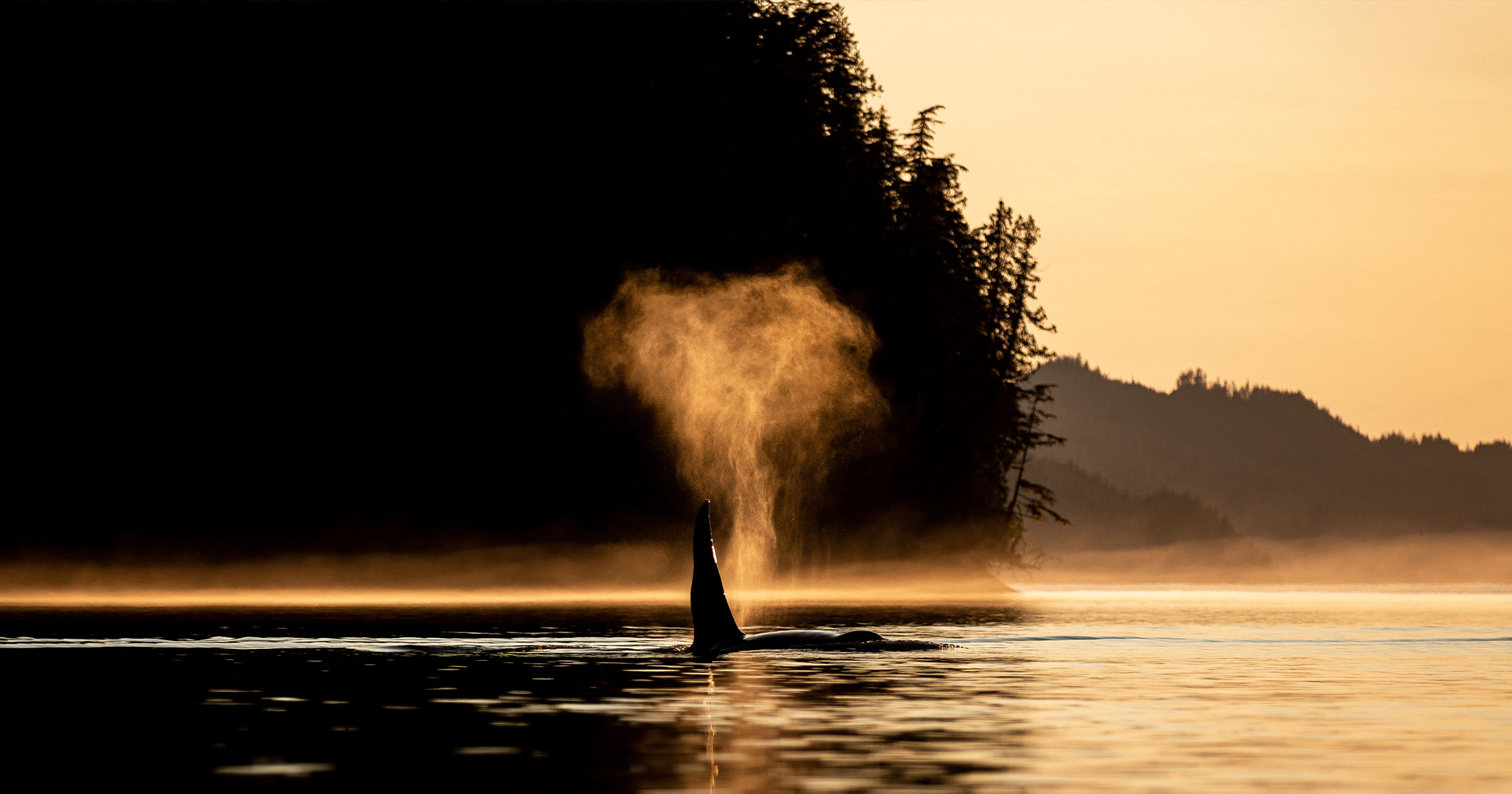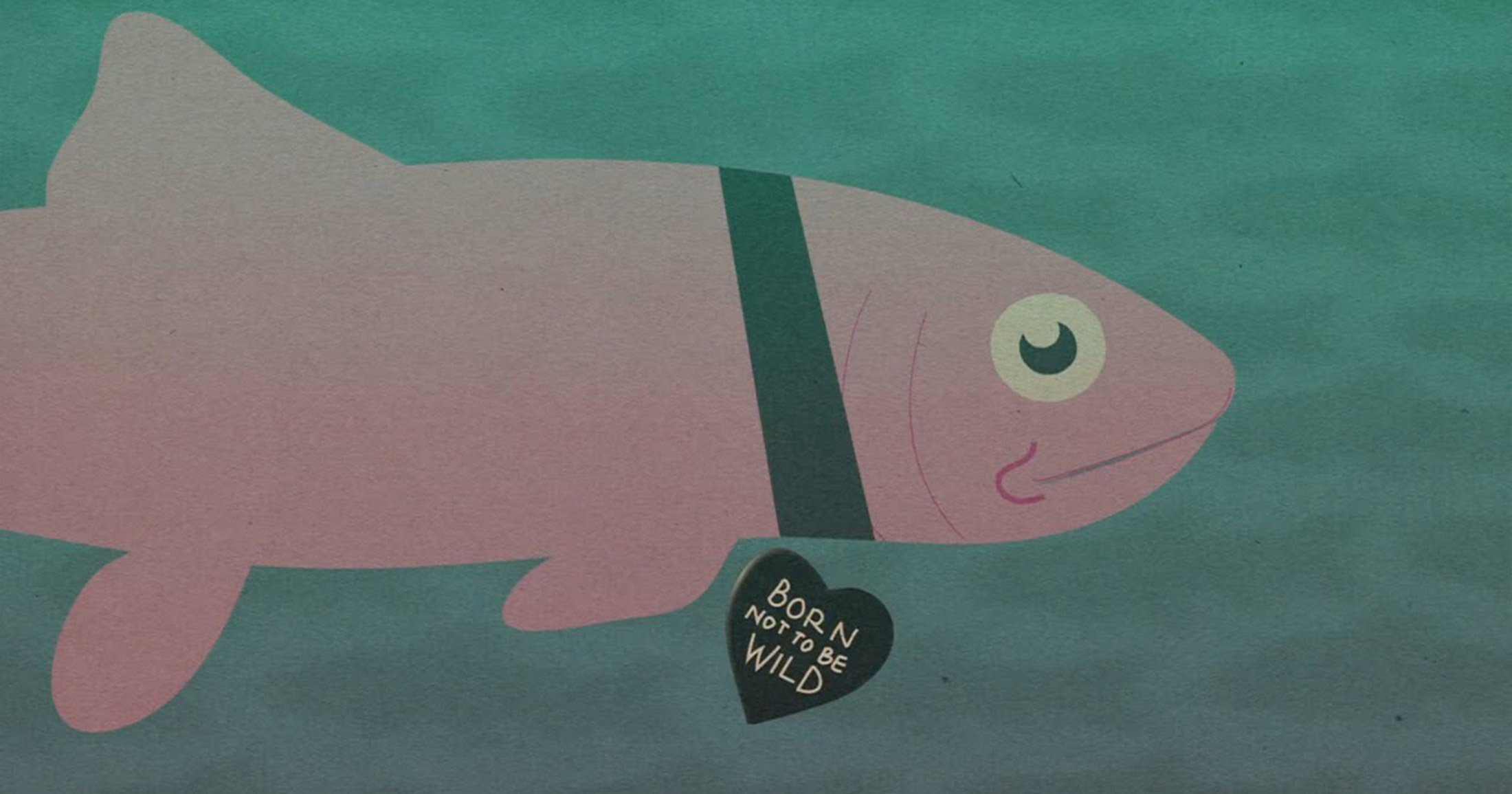Reach out to your MLA about the Roberts Bank Terminal 2 expansion
Send your comment to relevant Members of the Legislative Assembly and Ministers.
The Vancouver Fraser Port Authority has been given federal approval to double the size of its shipping terminal in the heart of the Fraser River Estuary.
The 370 conditions included in the federal approval of the project are insufficient in many places, and the specific conditions that relate to the terminal footprint and underwater shipping noise are couched in language that avoids clear requirements to mitigate their effects on habitat loss, at-risk species, and biodiversity.
Additionally, there are many other social and economic consequences from this project that will impact people, communities, and ecosystems of the Lower Mainland, Salish Sea, and Gulf Islands that have not been considered or assessed. These range from automation at the terminal that drives job loss, to the impacts of increased traffic (ship, rail and vehicle) and the accompanying increased light, noise, air and climate pollution. To date, the province appears to be ignoring its responsibility to address these effects.
Effects on salmon
For juvenile Chinook and other salmon, the project will reduce the functional size of the Fraser River Estuary, act as a barrier to salmon migration, and increase light pollution and underwater noise. According to the federal review panel report, these adverse effects will be “high in magnitude, permanent in duration, and irreversible.”The Provincial EAO Summary Assessment report states that the province is satisfied that the federal conditions will address these impacts, yet the only requirement to address the migration barrier is to assess whether openings in the causeway are technically and economically feasible. It does not mandate that even a single one be constructed.
Further, a growing body of evidence indicates that habitat compensation measures are not an adequate replacement for ecological damage caused by development. In the case of Terminal 2, the proposed terminal reduces the size of the estuary and the types of habitat available to salmon and other species. This is a consequence of the massive terminal footprint and its extension from shore to deep subtidal waters in Georgia Strait; there is no evidence indicating these effects can be mitigated. The EAO has an obligation to residents of British Columbia to rigorously assess whether the intended economic benefits outweigh the consequences for so many species that rely on the estuary and the surrounding Salish Sea. Habitat loss, and the government decisions that drive it, are a significant factor in the decline of BC’s wild salmon populations and the biodiversity crisis unfolding in BC.
Effects on endangered Southern Resident killer whales
Shipping noise is particularly injurious to Southern Resident killer whales because it masks the echolocation sounds that they use to locate their prey.There is strong scientific evidence that these killer whales are not finding sufficient prey as it is. Technology to reduce underwater noise is not currently mandated for the shipping industry in Canada. The potential for RBT2 to significantly increase noise the whales are exposed to is not adequately addressed in the federal conditions. There is no obligation to reduce noise levels from shipping, only monitor it with the hope that asking ships to slow down at certain times and places lowers the impact. The Provincial EAO Summary Assessment report did not include any conditions relevant to the impacts Terminal 2 will have on Southern Resident killer whales.
Further, British Columbians deserve more than 30 days, and adequate notice, to comment on the conditions that the EAO proposed. The provincial government now has a choice. It either acts in its role to protect the integrity of BC’s south coast ecosystems and their importance to our culture and economy, or it continues to make decisions that further their decline.
Given the desired recovery of species and ecosystems, I urge the Minister of Environment and Climate Change Strategy, Honourable George Heyman, to reject the approval of Terminal 2.
Send your comment to relevant Members of the Legislative Assembly and Ministers
You can also send your comment to your MLA or a relevant MLA. Find your MLA’s email by inputting your postal code.
Honourable David Eby, MLA, Premier of British Columbia
premier [at] gov [dot] bc [dot] ca
Honourable Nathan Cullen, Minister of Water, Land and Resource Stewardship
LWRS [dot] minister [at] gov [dot] bc [dot] ca
Honourable George Heyman, Minister of Environment and Climate Change Strategy
ENV [dot] Minister [at] gov [dot] bc [dot] ca
Honourable Rob Fleming, Minister of Transportation and Infrastructure
Minister [dot] MOTI [at] gov [dot] bc [dot] ca
MLA Ravi Kahlon, Delta North
ravi [dot] kahlon [dot] MLA [at] leg [dot] bc [dot] ca
MLA Ian Paton, Delta South
ian [dot] paton [dot] MLA [at] leg [dot] bc [dot] ca
MLA Henry Yao, Richmond South Centre
henry [dot] yao [dot] MLA [at] leg [dot] bc [dot] ca
MLA, Kelly Greene, Richmond-Steveston
kelly [dot] greene [dot] MLA [at] leg [dot] bc [dot] ca
MLA, Trevor Halford, Surrey-White Rock
trevor [dot] halford [dot] MLA [at] leg [dot] bc [dot] ca
Submit your public comments to BC’s proposed conditions for the Roberts Bank Terminal 2 expansion
Despite the findings of an independent review panel and concerns from federal scientists, subject-matter experts, conservation organizations, and unions, the federal government approved Roberts Bank Terminal 2 on April 20th.
However, in order for the project to move ahead, the BC Environmental Assessment Office must provide authorization. The public comment period is open to residents across Canada to voice their concerns to the BC Environmental Assessment Office (EAO) until June 8th. The EAO is seeking feedback on draft materials, which include a Summary Assessment report and proposed Provincial conditions. The draft materials will be sent to the Minister of Environment and Climate Change Strategy, Honourable George Heyman, to make a decision on the project.
To make it easy to submit a comment on the draft materials, we’ve provided a suggestion below, which you are welcome to copy and change as you see fit. It should take less than five minutes to submit.
You can help
Raincoast’s in-house scientists, collaborating graduate students, postdoctoral fellows, and professors make us unique among conservation groups. We work with First Nations, academic institutions, government, and other NGOs to build support and inform decisions that protect aquatic and terrestrial ecosystems, and the wildlife that depend on them. We conduct ethically applied, process-oriented, and hypothesis-driven research that has immediate and relevant utility for conservation deliberations and the collective body of scientific knowledge.
We investigate to understand coastal species and processes. We inform by bringing science to decision-makers and communities. We inspire action to protect wildlife and wildlife habitats.










